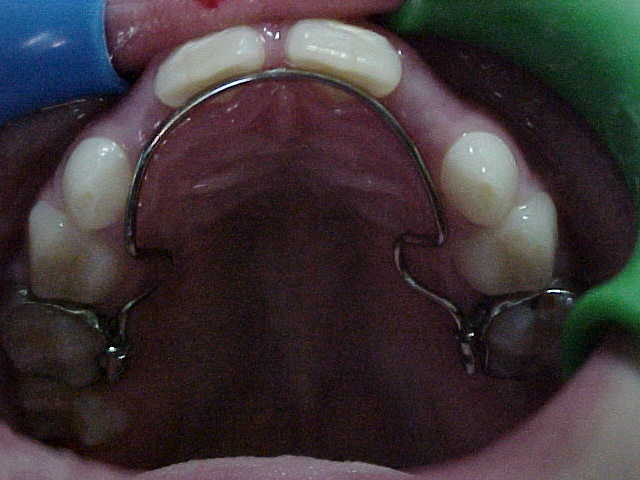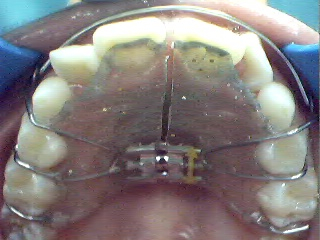RELINES
YA denture reline is a simple procedure to reshape the underside of a denture so that it fits more comfortably on the user’s gums. Relining is periodically necessary as dentures lose their grip in the mouth. The process is usually affordable and often takes very little time.
There are two kinds of relining, referred to as soft and hard. With either type, a denture reline can be done at a dentist’s office or in a lab. Each type has its own advantages and disadvantages.
Why is a denture reline necessary?
When a tooth is completely removed, the bone that once surrounded its root will begin to deteriorate. The body repurposes the resources sent to the bone since it no longer needs to surround a tooth.
Over time, the bone loss from the dentures changes the shape of the jaw and gum line. The dentures fit less tightly and given enough time, they will begin to slip off. This process begins rapidly in the months following tooth removal. It then slows down but continues for the rest of the patient’s life. A denture reline is necessary to give dentures a tight fit to the mouth’s new shape over time.
Soft denture reline
Many times, soft relines are preferable. This procedure tends to be more comfortable for patients, especially those who have only recently started using dentures and are experiencing more rapid bone loss. A soft denture reline can be done at the dentist’s office. The dentist uses a liquid polymer to add depth to the denture. The patient gives feedback on how the denture feels to help the dentist fit it securely.
Soft relines are usually very quick. One of the benefits of doing soft relines in an office is that the patient does not have to wait for dentures to return from a lab. However, soft relines need more frequent relining because of the material used.
Hard denture reline
A hard denture reline uses more durable material than a soft reline. The basic process is the same. Hard relines often last years longer than soft relines and can be done in the office or at a lab.
Many dentists recommend using a lab because of issues with the material used. However, hard relining can be uncomfortable for patients with sensitive gums. In those cases, hard relines may lead to sore spots.
Which reline is the right choice?
A dentist can help patients decide which denture reline, soft or hard, would suit them. For people with more sensitive gums or who recently began using dentures, a soft denture reline is likely the right fit. For others, the extended length of time between relines make a hard denture reline more attractive.
Denture relining can also be temporary, especially if someone has not had their dentures relined in some time. Cracked dentures can be repaired during relining, saving the cost of new dentures. It is important for oral and overall health that dentures fit well, so periodic relining is in the patient’s best interest.
Conclusion
For some, denture relines are a good choice to help shape their dentures into a better fit. Talk to your dentist about how denture relines can help you.
Children’s Orthodonics
Expansive Retainer










